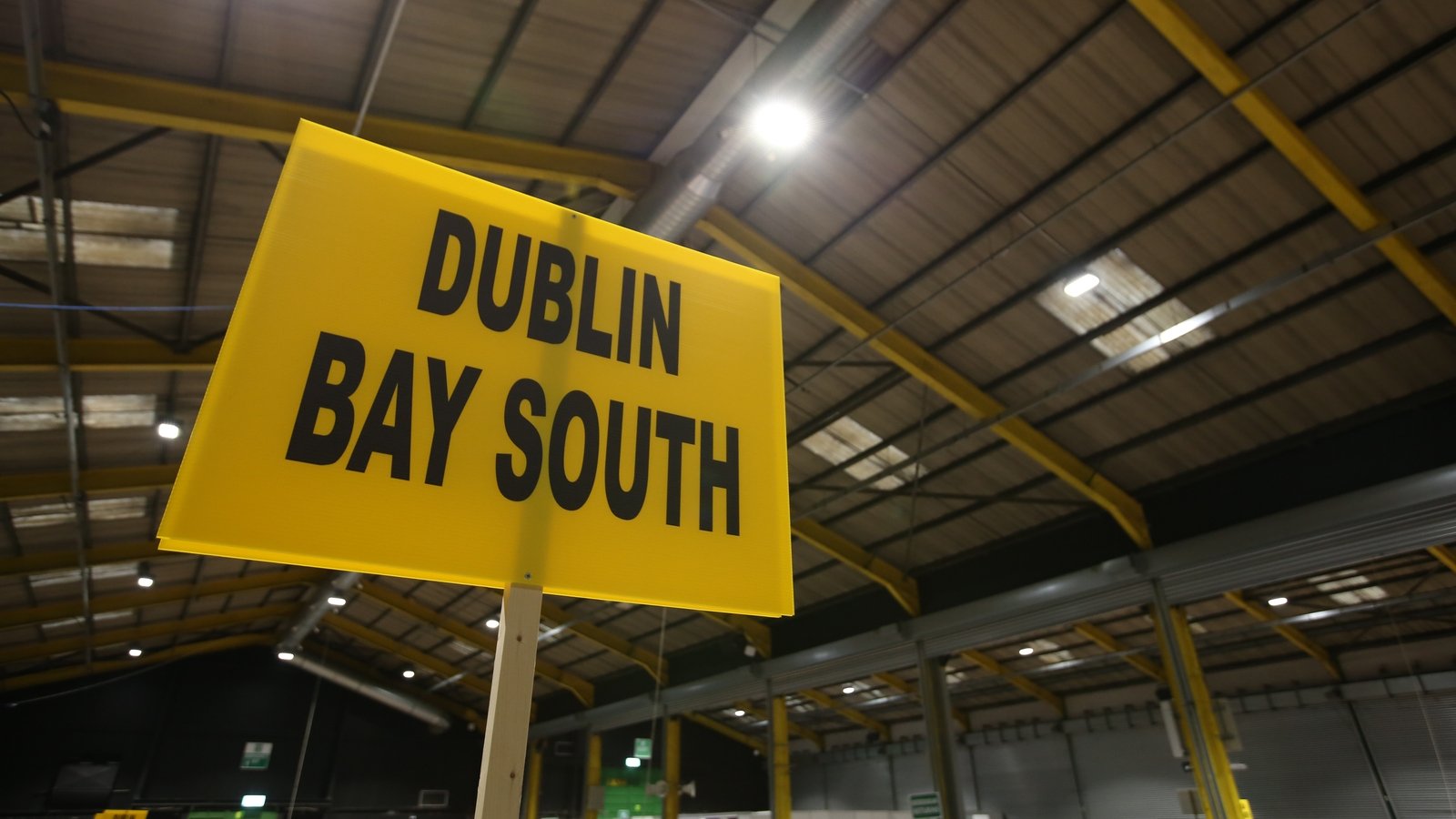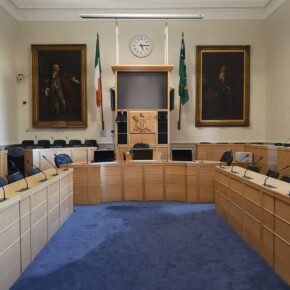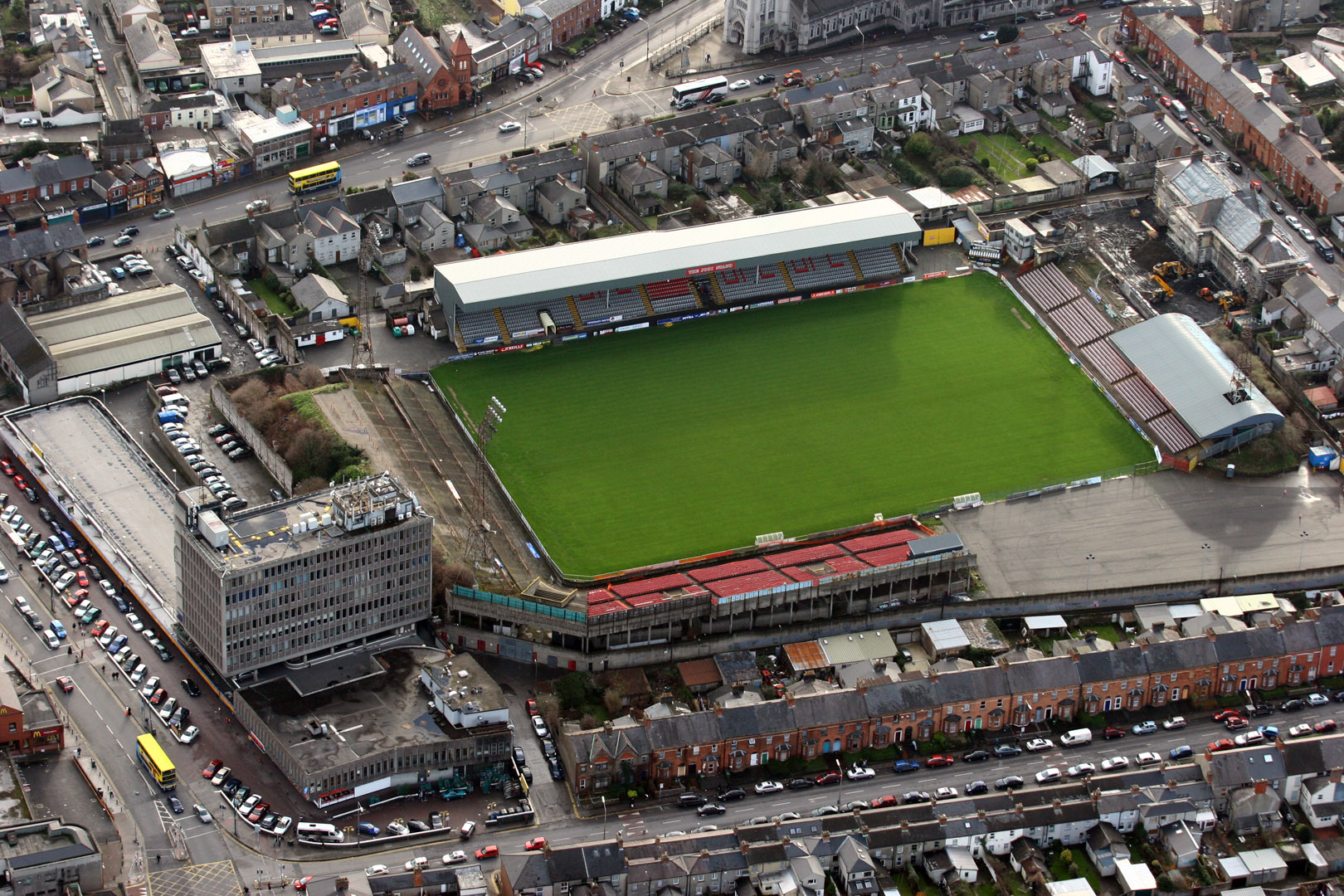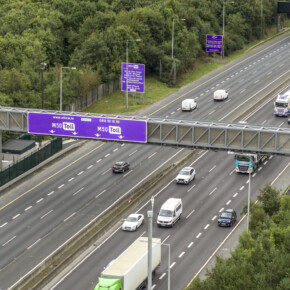Dublin Bay South promises blockbuster entertainment
Mike Finnerty 13 Nov 2024
Film director Michael Bay is famous for his explosive, high-octane action films such as The Rock and Armageddon.
Bay’s style has become so well established that the term “Bayhem” is associated with glossy, explosive action movies.
The term “Bayhem” may have to be expanded to include the general election race in Dublin Bay South.
Dublin Bay South has a number of high-profile names fighting for a seat – some old and some new.
13 may be unlucky for some but that is the exact number of candidates who have declared their candidacy this time around.
2020’s line-up saw Green leader Eamon Ryan elected on the first count, with Sinn Féin’s Chris Andrews ending up with more votes than then-Minister for Housing Eoghan Murphy viewed as a microcosm of Fine Gael’s problems in 2020.
Fianna Fáil’s Jim O’Callaghan increased his share of the vote compared to 2016 to secure another Dáil term, with the big causality in the seat being Fine Gael’s Kate O’Connell.
Fine Gael went from having two TDs in the seat in February 2020 to having none in July 2021 following Ivana Bacik’s by-election victory for Labour.
This time out, Ryan will not be standing for re-election, O’Connell is running as an independent, Andrews appears vulnerable if June’s local election results are anything to go by, O’Callaghan is making shapes for the Fianna Fáil leadership, and Bacik is leading Labour into a general election campaign.
There is no obvious poll-topper for Dublin Bay South which makes the race that much more interesting.
Eamon Ryan secured a healthy 22.2% of first preferences in 2020 on a day when everything went right for the Greens, and despite struggling elsewhere in June, the Greens actually held relatively well in the constituency.
Hazel Chu has a particularly high media profile as far as councillors go and is well-placed to hold onto Ryan’s seat.
Chu herself secured re-election June, still managing to top the poll in Pembroke alongside Fine Gael’s James Geoghegan (a fun aside; Chu won 33% of the vote in 2019 but saw that reduced to 16.8% in June, yet still got elected on the first count).
Chu saw off competition from fellow councillors Claire Byrne and Carolyn Moore who both topped the poll in South-East Inner City and Kimmage-Rathmines respectively.
Byrne and Moore’s poll-topping performances, coupled with Chu’s, point to a strong support base for the Greens heading into a general election that is unlikely to be kind to them otherwise.
Keeping on a progressive tack, Ivana Bacik’s by-election victory was touted by MEP Aodhán Ó Ríordáin as the start of Labour’s comeback from the wilderness, but now the pressure will be on to see if Labour can sustain that in a general election campaign with Bacik as the face of the band.
Under Bacik, Labour has somewhat redefined itself as a party for middle-class progressives, which is a vote that the Greens had a major lock on in 2020 and the Social Democrats managed to pick up in June at the Greens’ expense.
Dublin Bay South is among the most affluent areas in Dublin, taking in the likes of Ballsbridge, Donnybrook and Ranelagh.
For her part, Bacik has been open about wanting to work with the Greens and the Social Democrats after the election, and while Bacik is likely to be fine votes-wise it never hurts to show a bit of unity among similar parties.
Geoghegan lost when he ran against Bacik in the summer of 2021 for a myriad of reasons (his past association with Renua stood in contrast to Bacik’s decades-long association with abortion campaigners) but was recently elected Lord Mayor of Dublin and has taken to the role with aplomb.
Geoghegan and running mate Emma Blain (another Pembroke councillor) knocking on doors in Eoghan Murphy’s former constituency during a housing crisis might make for some awkward moment-to-moment interactions but Geoghegan is likely to be fine; the question is if Fine Gael have the potential to win two seats.
The grenade among the pigeons is Kate O’Connell’s independent bid.
O’Connell hasn’t exactly been subtle about her Fine Gael association costing her a seat in 2020, and indeed the dirty laundry over the 2021 by-election bid further soured links between her and the party.
O’Connell’s decision to run as an independent has the potential to put a dent in the Fine Gael machine.
The historical context surrounding O’Connell’s campaign is crucial for understanding Dublin Bay South; O’Connell was among the leading Fine Gael voices during the abortion referendum in 2018, while Geoheghan’s past involvement with Renua ultimately proved to be his undoing when he went up against Bacik in 2021.
While drama between candidates is very entertaining for the press pack and the kinds of people who stay up to watch foreign elections, it may not play well on the doors; O’Connell has the potential to be a thorn in Fine Gael’s side.
Fine Gael won two seats in Kimmage-Rathmines as well as Pembroke in June, with councillor Danny Byrne finishing in 2nd place in South East-Inner City in June.
June is a rock solid foundation for Fine Gael to work off, but the brief is simple here for Fine Gael; win a seat in their old heartland of Dublin Bay South or get ready to enjoy the opposition benches.
As far as Jim O’Callaghan is concerned, he has maybe the easiest task of any of the incumbent TDs; just stay sthum, talk about Metrolink and the guards, and coast by until election day.
The only time Fianna Fáil lost a seat in this area was in 2011 when the constituency was known as Dublin South-East (with Chris Andrews being the Fianna Fáiler unseated on that occasion) so there is no reason to believe why the party wouldn’t win again when the going is relatively good for them.
June was a mixed bag for Fianna Fáil locally (no seats in Kimmage-Rathmines or South-East Inner City but held well in Pembroke) but there is no need to write O’Callaghan off just yet.
Keeping on Andrews, his win in Dublin Bay South in 2020 marked a breakthrough for Sinn Féin; if they could win a seat in affluent, suburban Dublin it seemed like the only way was up for the party.
June’s results potentially put paid to those thoughts.
In Pembroke, the party secured just 3.2% of the vote, couldn’t get a candidate elected in Kimmage-Rathmines despite running two of them and needed transfers to win in South-East Inner City.
In Kimmage-Rathmines the party lost out to candidates from Right2Change and the Social Democrats which should be cause for concern; they have lost the old school left-wing base that powered them for so many years and have lost the progressive vote that was a crucial part of their 2020 voter coalition.
In South-East Inner CIty, where Kourtney Kenny was victorious, People Before Profit’s Brigid Purcell (who placed above Sinn Féin but failed to get elected) received more preferences than any of Sinn Fein’s candidates.
The one upside for Andrews’ campaign is that he has a high media profile – no one forgets the fact he was a Fianna Fáil TD who crossed over to Sinn Féin and has been incredibly vocal about the Israel-Gaza conflict – but this election race could be a lot tougher than it needs to be.
As mentioned, Eoin Hayes has been drafted in as the Social Democrats’ candidate for this seat, having won in Kimmage-Rathmines in June, while Brigid Purcell will attempt to keep People Before Profit competitive in the seat.
The Social Democrats have made no secret about wanting to supplant Labour as the top dog on the centre-left (they were formed in 2015 for this exact reason) so a win here for Hayes would prove that the party is in the right direction.
Hayes’ victory in Kimmage-Rathmines in June marked the first time the party won a seat in that constituency, with Cian Farrell’s win in South-East Inner City also a first-time victory for the purple team.
People Before Profit winning a seat in Dublin Bay South would cause RTÉ to suddenly feel very nervous about being headquartered in Donnybrook but Purcell can only rely on transfers from the left flank in a way that Chu, Bacik and Hayes don’t.
Those three candidates, as our analysis of June’s transfers demonstrate that the Greens, Labour and Soc Dems enjoy transfers from across the political spectrum.
In June, Purcell received six more first preference votes than independent veteran Mannix Flynn, but received 409 less preferences than him; Purcell wasn’t elected, Flynn was.
A smattering of independents and candidates from minor parties round out the ballot paper – Nick Delehanty of “make crime illegal” fame is the most high-profile among them – but this constituency should be business as usual for the current government parties, and a chance at glory for the opposition.











